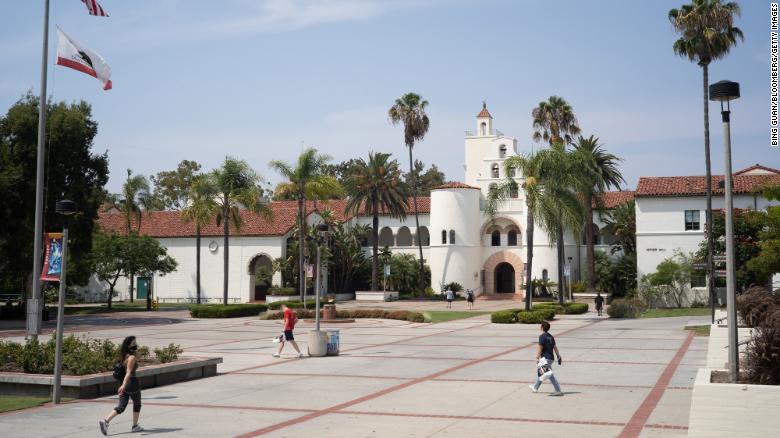by YOJANA SHARMA

Many international students from disadvantaged groups hope to leave the entrenched social structures and caste discrimination behind and start afresh as they come to the United States or elsewhere.
But to their consternation and horror, some South Asian students have found that caste discrimination is alive and well overseas, particularly where there is a large South Asia diaspora or foreign students on campus.
Mounting evidence of such discriminatory treatment and harassment led the California State University (CSU) system to add caste to its list of protected groups in January, prohibiting caste-based discrimination, harassment or retaliation. Other universities in the US are examining whether they should do the same.
The CSU system, with some 485,000 students and about 56,000 faculty and staff, is sending a signal out to the rest of the university sector that caste discrimination exists and that affected students and staff require protection, say inclusivity activists who have campaigned for years to include caste-oppressed students and faculty. They have called the CSU decision an important civil rights win.
“This is very important because we can now feel safer,” said Prem Pariyar, who recently graduated from CSU’s East Bay campus with a masters degree in social work. He began the campaign for caste protection at East Bay and helped extend it across CSU’s 23 campuses.
“At least now the university has a policy to recognise our pain and to recognise our issues,” he told University World News. “In the US people are conscious about race and religion and the like but they did not know about caste discrimination.”
University World News for more
